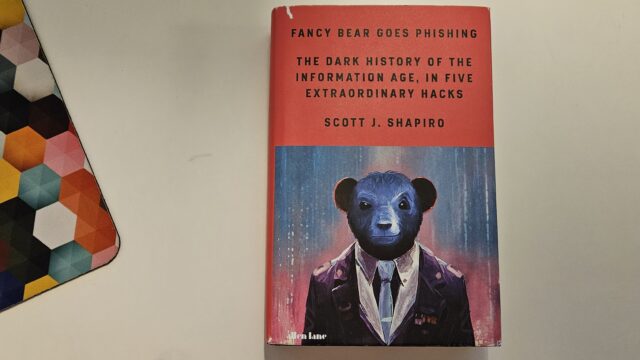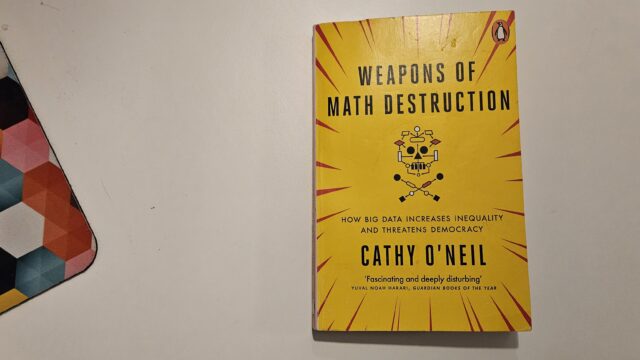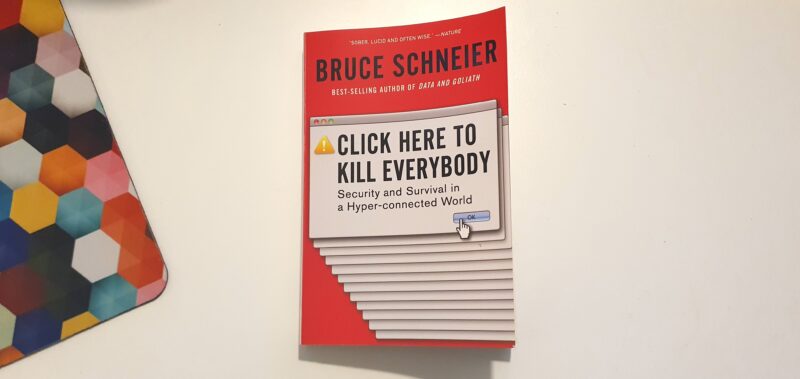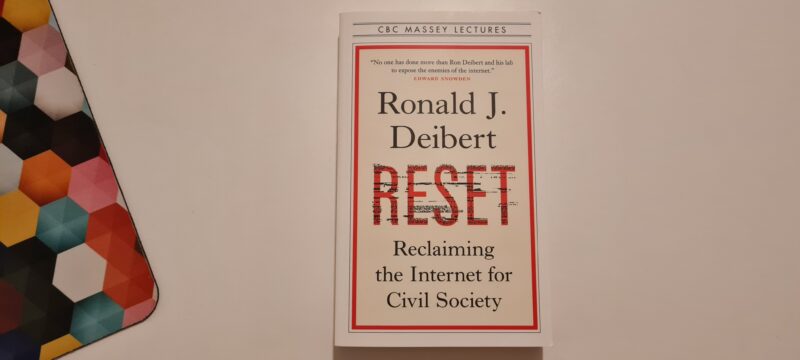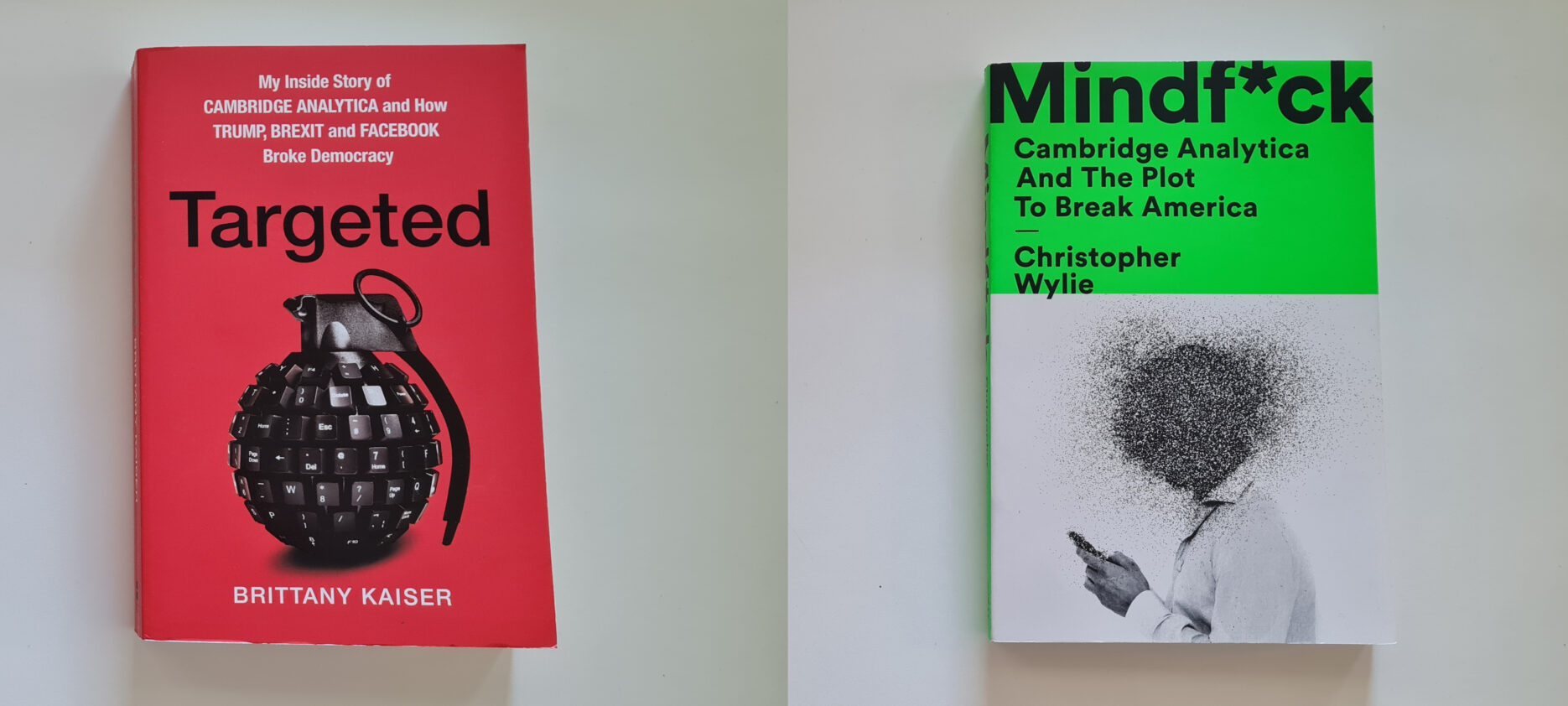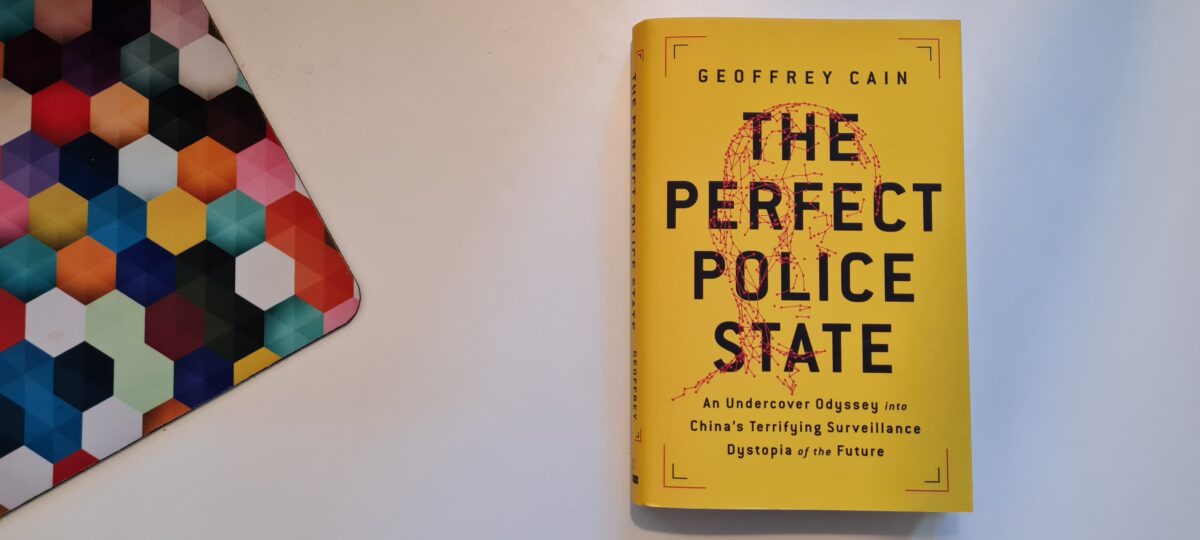In 2007 Douglas Coupland released the novel jPod. During a trip to the Czech Republic I read it on behest of my girlfriend, and I utterly loved it. Five nerds in cubicles (pods), assigned to their places due to the initial J of their respective surname, in a basement of Neotronic Arts are designing the gore in video/computer games. They’re joined by a sixth member, whose surname also begins with a J and she initially thinks they’re morons. They’re all born at the end of the 1970’s and beginning of the 1980’s and their attention span at work is maximum 15 minutes long. Morally they differ from their parents, they belong to the ego of the digital age and spend lots of time not working (a Gen X trait, Coupland’s generation I dare say). Having read it thrice it remains one of the my favourite books of all time.
Fast forward to 2008, the year we travelled to the Czech Republic, and “Twitter makes you feel that the whole world is obsessed with you and you little ego – it loves you, it hates you, it’s talking about you right now” as Johann Hari writes. For someone who’s managed Twitter, Instagram and Facebook accounts for organisations, I can only agree – it’s invasive and takes control of you. I’m happy jPod was released before social media and the new generation of smartphones wrecked the attention span and ability to focus completely.
“How to slow down in a world that is speeding up?” Hari continues in the book Stolen Focus: Why You Can’t Pay Attention – and How to Think Deeply Again. He outlines twelve problems for our individual and collective attention spans, and ability to focus. All of them will not be covered here though. For that, you have to read the book.
On average a person working in an office is undisturbed for approximately 2 minutes and 30 seconds. Undisturbed by others, that is. The average attention span is merely 47 seconds, because people also interrupt themselves. All the time. Meanwhile it takes 23 minutes to return to a state of focus. Meaning we basically never stay focused.
Hari interviewed lots of people for this book, James Williams at Oxford Internet Institute being one among them. His words resound deeper than many others (and there’s tons of important words said by intelligent people in the book). We need to take on crucial issues such as climate change, but “when attention breaks down, problem-solving breaks down.” This is a hypothesis Hari clings to, and I concur: tearing attention apart means people can’t concentrate, can’t direct energy on proper things. As Hari writes, “Depth takes time. And depth takes reflection.” Mind-wandering is a state of mind people should enjoy more, but instead blocks it out more or less completely by staring at screens. Also due to the thinking that directed thoughts, meaningful thoughts and chores are good, while letting your brain do “nothing” is useless.
To flood social media with more information is a very good way of blocking debates and conversations – it shortens the collective attention span. Add actual noise and sounds, which both deteriorate hearing capacities. Somehow we believe it’s an equilibrium: you listen to noise and sounds 50 % of the day, and you can recuperate if 50 % is quiet. But that really depends on the noise (background chatter for instance, or cars passing by), the sounds (simple, more occasional sounds) and the silence. Allowing exposure of sounds and noise for hours each day, combined with voices and music, hurts the ears and hearing. Eventually it will deteriorate by system overload. The same with your brain. It cannot evade being disturbed and deteriorates slowly, making you more stupid.
Hari interviews Sune Lehmann, a Danish researcher on time, who exclaims that the new upperclass will be the ones with very long attention spans, always able to limit information input and aware of what they are actually doing. The rest of us will simply react to the information fed to us. We read and watch stories about people who can sleep less, eat poor and bad food, and still outperform the average person: the Bond villains and the tech prodigies. They never experience sleep deprivation, never seem to slow down. It’s the opposite of Andy Weir’s main protagonist in Project Hail Mary who states that humans become stupid when tired. We don’t comprehend that the reason behind “greatness” is mind-wandering, thoughtful discussions, promenades, information intake (and helpers, such as wives, butlers or servants): Abraham Lincoln and Theodore Roosevelt writing their speeches and pondering tough decisions, Harry S. Truman thinking through information and memos before making extremely hard decisions. We desperately need the ability to think in order to grasp and tackle climate change, artificial intelligence and other important issues, though with ruined minds and attention spans we won’t. Another quote from James Williams: “You can only find your starlight and your daylight if you have sustained periods of reflection, mind-wandering and deep thought.”
Lehmann reminds me of Cal Newport’s Deep Work: the future will belong to the people who can focus, who can work deep. Because Earl Miller from Massachusetts Institute of Technology says we’ve learned to compare ourselves to computer processors, machine parts with the ability to multitask, when in fact we can’t. When we try to do two or three things simultaneously, our brains are reconfiguring relentlessly. While we may believe we’re doing several things at the same time, our brains constantly start a new chore, gets interrupted by another one, stops and initiates the new chore, then gets interrupted again, stops and tries to reinitiate the first chore but actually has to restart a little bit further back than before, because of the interruption. On it goes. In some small doses it’s worse to check your Facebook feed continuously than to get stoned – and who’s allowed to get stoned at work?
Hari continues to tackle issues such as school systems reining in our children’s abilities to learn and move (more) freely, diagnosing children with ADHD, how reading on screens is bleeding into how we read paper, and the Western world’s issues with nutrition and obesity (your tired body craves sugar and fat, which is omnipresent, we cannot evade it).
One thing I appreciate with Hari is how he allows different arguments to meet in the book, carried by other people who oppose one another, or Hari himself. And he ends with hope, telling us about the generation his grandmothers belong to and how one of them fought for universal suffrage in Switzerland in the 1970’s. Regarding the possibility to challenge these twelve distractions, destroying our ability to focus, Hari writes:
“No source of power, no set of ideas, is so large it can’t be challenged.”

